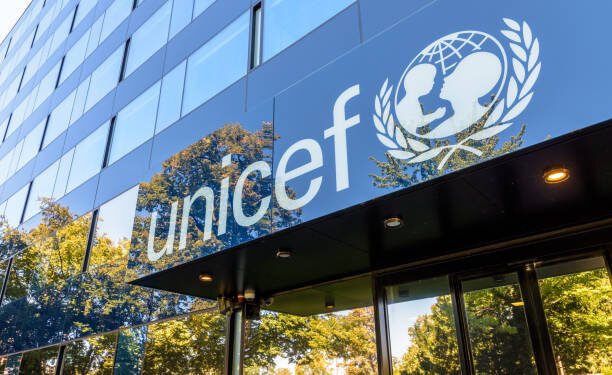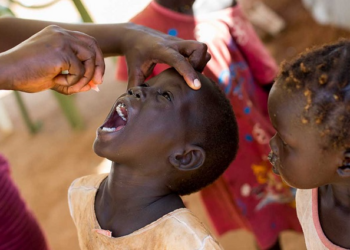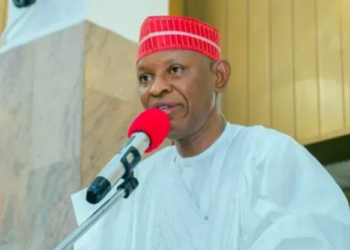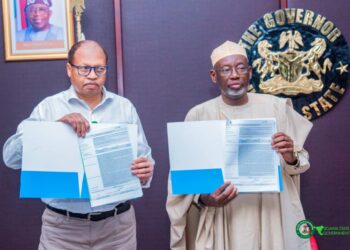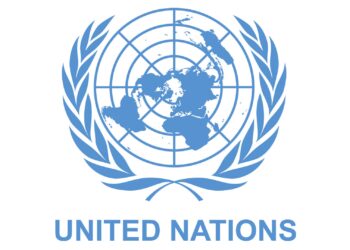A recent report from the United Nations Children’s Fund (UNICEF) has revealed that 69.2% of children in Kano State are classified as multi-dimensionally poor.
The findings were presented by Fatima Musa, a Social Policy Specialist at UNICEF’s Kano Field Office, during a media dialogue held in Zaria on Friday.
This alarming figure underscores the severity of child poverty in the region, with the majority of children in Kano deprived in multiple aspects of well-being, including education, healthcare, nutrition, and shelter.
The media dialogue, aimed at advocating for children’s welfare, brought together news and programme managers from Kano, Katsina, and Jigawa states to discuss pressing issues affecting children’s rights.
Musa highlighted that, in addition to multi-dimensional poverty, 59.5% of children aged 0 to 17 in Kano also suffer from monetary poverty, making it clear that a significant portion of the child population faces substantial challenges on multiple fronts.
“The child Multi-Dimensional Poverty Index (MPI) reveals stark disparities across Nigeria’s geopolitical zones,” Musa said, adding that poverty levels are significantly higher in the North-East and North-West regions, where 90% of children are considered poor. In contrast, the South-East and South-West regions report relatively lower, though still concerning, child poverty rates of 74% and 65.1%, respectively.
Further illustrating the national scope of the crisis, Musa pointed out that the incidence of child MPI exceeds 50% in all Nigerian states and surpasses 95% in states such as Bayelsa, Gombe, Sokoto, and Kebbi. These figures reflect not only income deprivation but also limited access to essential services such as education, healthcare, clean water, and safe housing.
The UN Convention on the Rights of the Child (UNCRC) mandates that children, defined as individuals under 18, should be afforded special protection and care by the state, family, and community. However, as Musa noted, current levels of child poverty in Nigeria highlight the urgent need for greater investment in child-focused policies and programmes.
UNICEF has called for increased budgetary allocations at all levels of government to tackle the growing child poverty crisis. Musa emphasised that targeted interventions, such as improved access to quality education, healthcare, and social safety nets, are essential to addressing the root causes of child poverty.
Commending the governments of Katsina and Kano states for their willingness to pilot Universal Child Benefits, Musa described the initiative as a timely measure to reduce child poverty and support vulnerable families.
Meanwhile, Samuel Kaalu, UNICEF’s Communication Specialist for the Kano Field Office, urged the media to prioritise coverage of issues affecting women and children. He specifically called attention to the prevalence of violence against children, which often goes unreported or ignored, and stressed the importance of public awareness campaigns to promote child enrolment in schools and protect children’s rights.
In light of these findings, UNICEF continues to advocate for stronger government commitment and societal action to secure a better future for Nigeria’s children.

